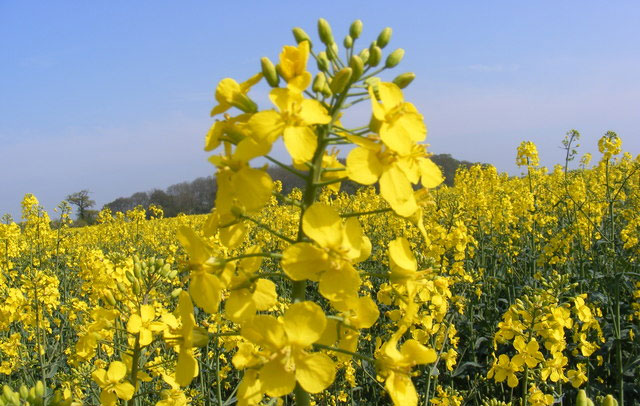
Better management of Rhizoctonia solani is the ambition of a three-year programme of work, part-funded by the UK government’s Agri-Tech Catalyst fund.
An aggressive soil-borne pathogen of oilseed rape (OSR) and canola worldwide, R. solani can kill seedlings before or soon after they emerge. This is, typically, more problematic in close rotations.
Globally, the pathogen can be sub-classified by ‘anastomosis groups’ (AGs) and AG2-1 will be the focus of this new study.
AG2–1 is in the spotlight because it is known to be associated with severe damping off and has been shown to significantly impact on several root system architecture traits of OSR.
Presently, there are no disease resistant varieties and management of this disease is often dependent on the use of fungicides.
The project will look to identify genetic traits associated with resistance to R. solani in OSR, increase knowledge of disease epidemiology and yield loss, and investigate the potential of low-dose seed treatments targeted at soil-borne disease.
Due to conclude in 2019, a key output of the work will be to produce the first guidelines for the integrated control of R. solani in OSR.
The project is one of twenty-four innovative agri-tech projects awarded a share of £16 million funding through the government’s Agri-Tech Catalyst.
The project has been awarded £619,000, which includes £80,000 from AHDB, and is being delivered by Syngenta and the University of Nottingham.
